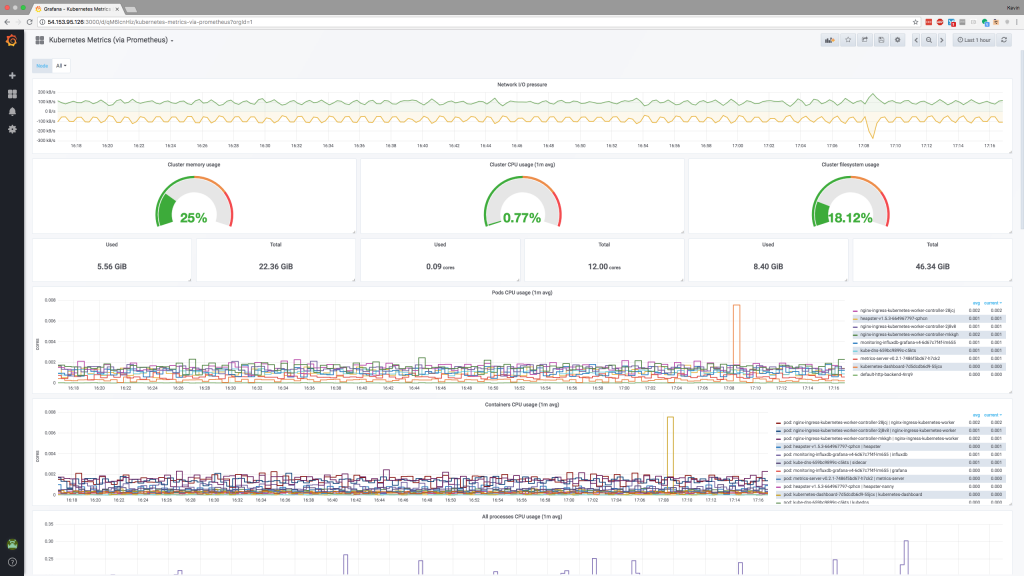Canonical Brings MicroK8s Kubernetes Distro to Windows, MacOs
Canonical this week announced it’s now possible to deploy its lightweight distribution of Kubernetes on both Windows and MacOS platforms.
Alex Chalkias, a product manager for Canonical, says that while the MicroK8s platform was originally intended to be employed as an instance of Kubernetes that developers could easily deploy on their desktops, it has since also morphed into an edge computing platform.
MicroK8s is an opinionated distribution of Kubernetes that takes advantage of open source Multipass tools to launch Kubernetes and Juju modeling tools developed by Canonical to make it easier to deploy the core components of Kubernetes along will any add-on tools that an IT organization may require, such as open source Prometheus monitoring software.
Chalkias says that approach also serves to make Kubernetes more accessible to IT teams that may not have a lot of Kubernetes expertise. MicroK8s enables those teams to become familiar with how Kubernetes operates, while at the same time being able to redeploy applications running on MicroK8s onto any other, more flexible distributions of Kubernetes they want to employ.
Many DevOps teams also have begun to employ MicroK8s as the foundation for continuous integration/continuous delivery (CI/CD) platforms that are employed to build microservices-based applications, he adds.
MicroK8s enables IT teams to employ kubectl at the Windows or Mac command line to interact with Kubernetes just as they would if the distribution was deployed on Linux. Canonical also allows IT teams to deploy their distribution of Kubernetes on Windows Subsystem for Linux (WSL), which enables them to employ PowerShell tools from Microsoft to install a distribution of Linux on Windows. The route organizations will take to deploying Kubernetes on Windows will depend on their level of comfort with PowerShell and WSL, says Chalkias.
The next version of MicroK8s will be based on version 1.19 of Kubernetes, which will enable Canonical to take advantage of additional security and high-availability capabilities that will be baked into the core platform, he notes.
As Kubernetes becomes more pervasive across the enterprise, many IT teams are about to appreciate the fact that the platform comes in many sizes and shapes. Applications developed on one instance of Kubernetes can be deployed on any other. The challenge IT leaders will face will is determining what class of Kubernetes to deploy precisely where, based on the application use case and the level of expertise of the IT staff asked to care for it.
Canonical isn’t the only provider of a lighter-weight distribution of Kubernetes. However, given the growing popularity of its Ubuntu distribution of Linux, there are a lot more opportunities for Canonical to engage customers about Kubernetes. Many of those customers already make extensive use of Multipass and Juju tools from Canonical to provision Ubuntu, so in many cases, MicroK8s becomes a natural extension of the same provisioning process, Chalkias notes.
Regardless of the path chosen, however, IT teams can count on the fact that provisioning one of the most complex IT platforms ever constructed is about to become more automated.




